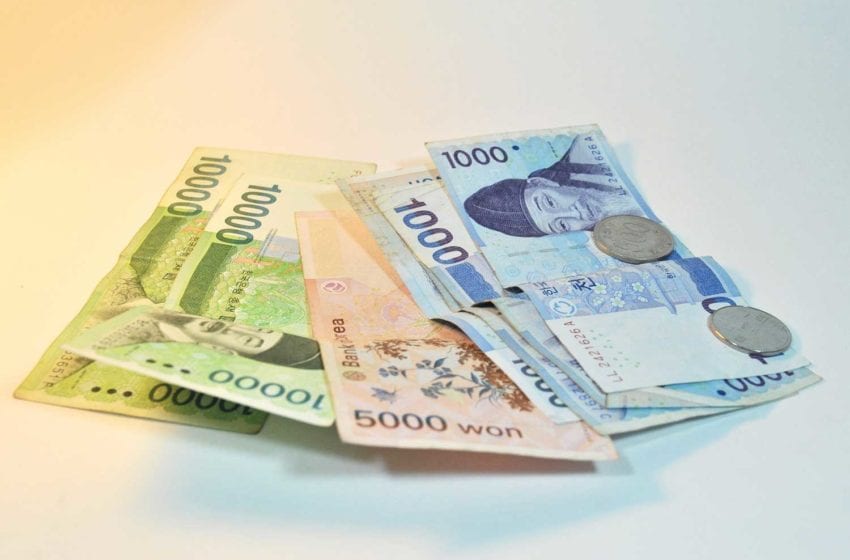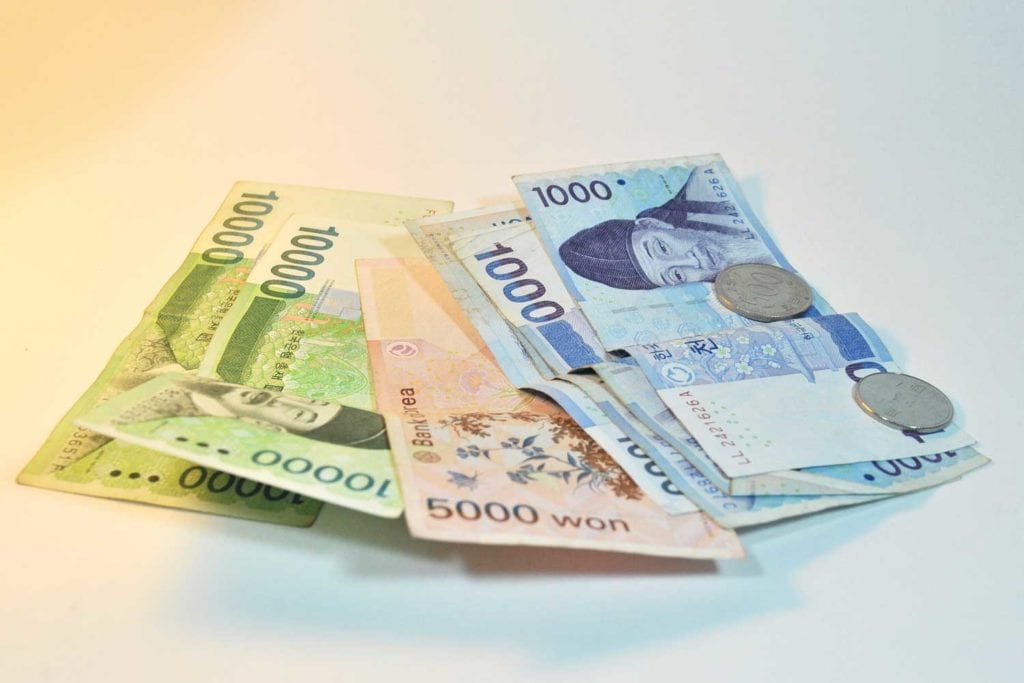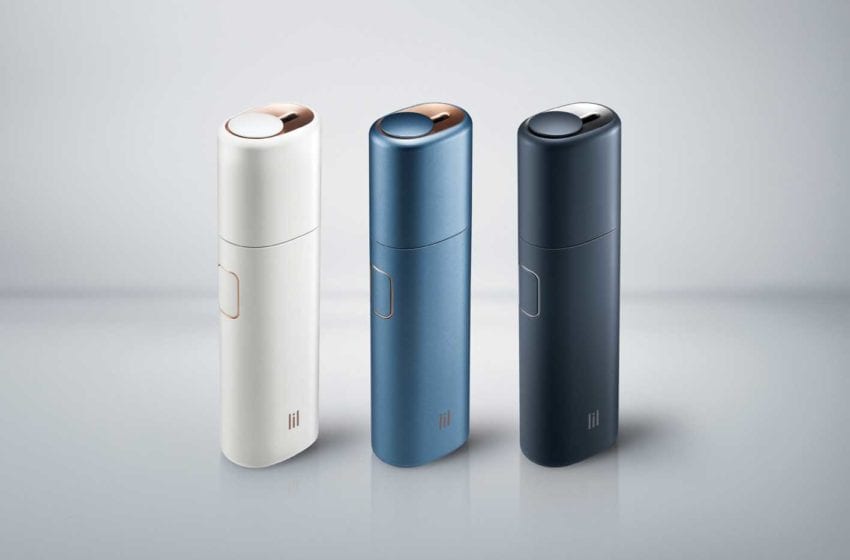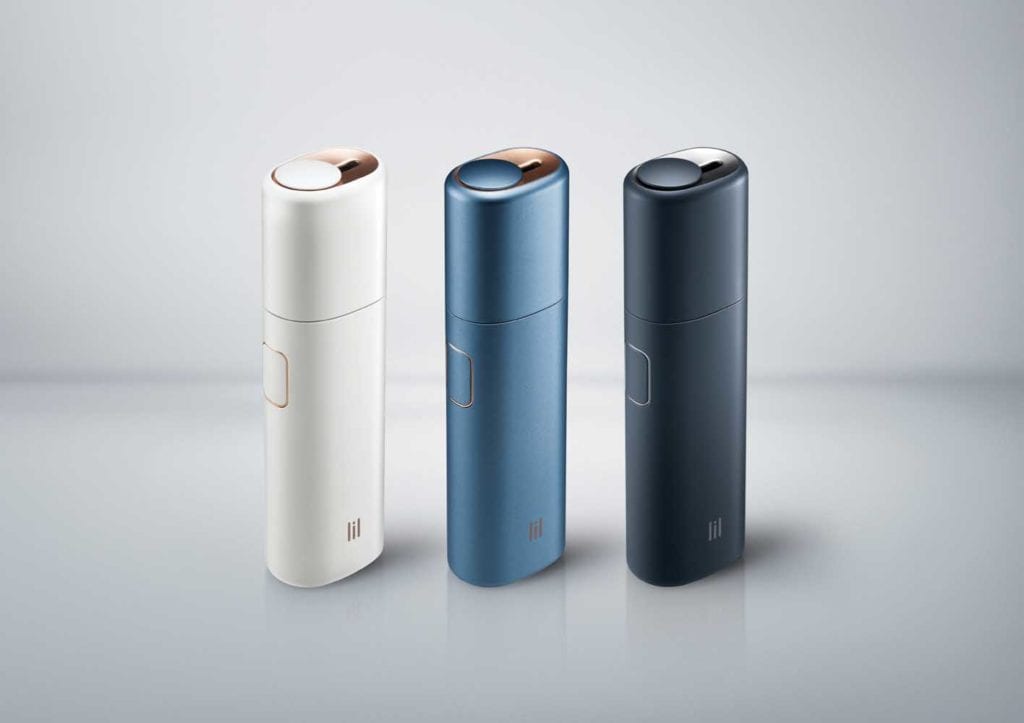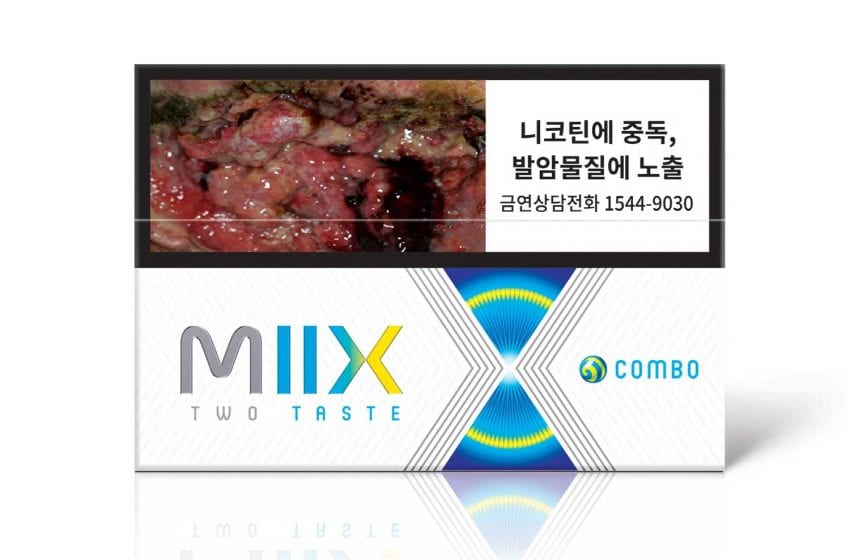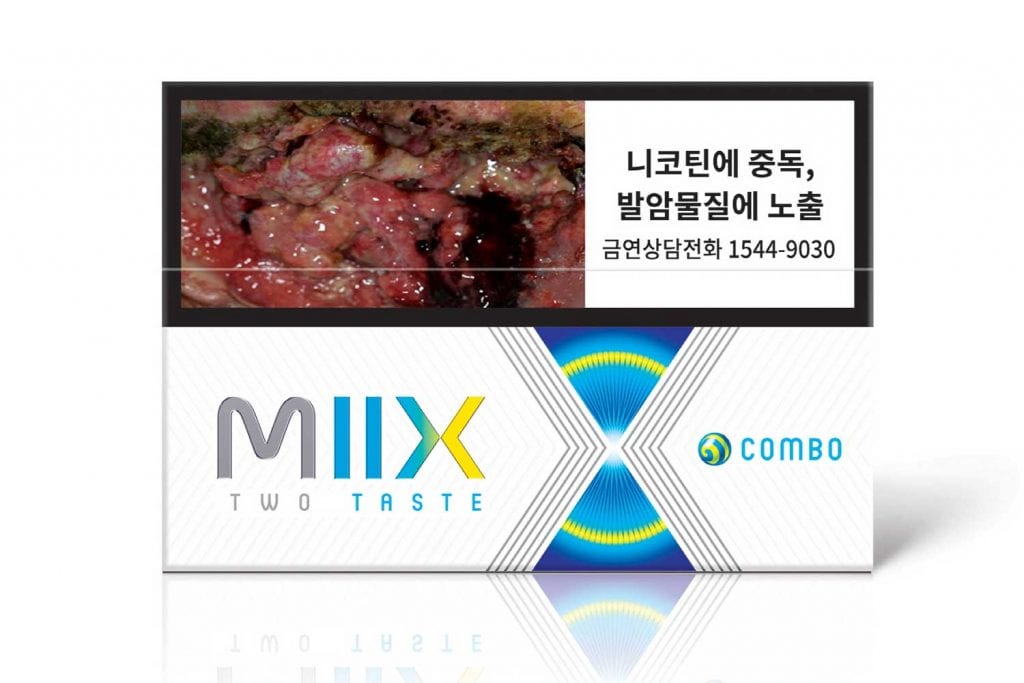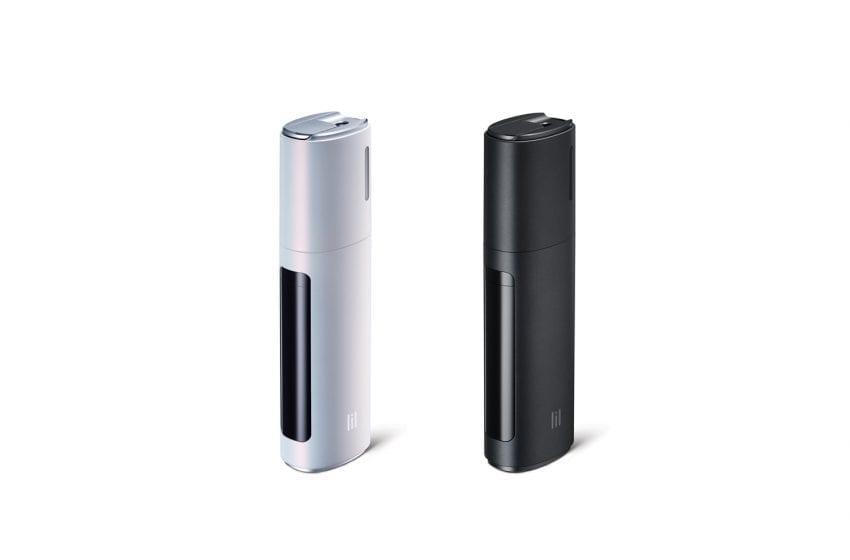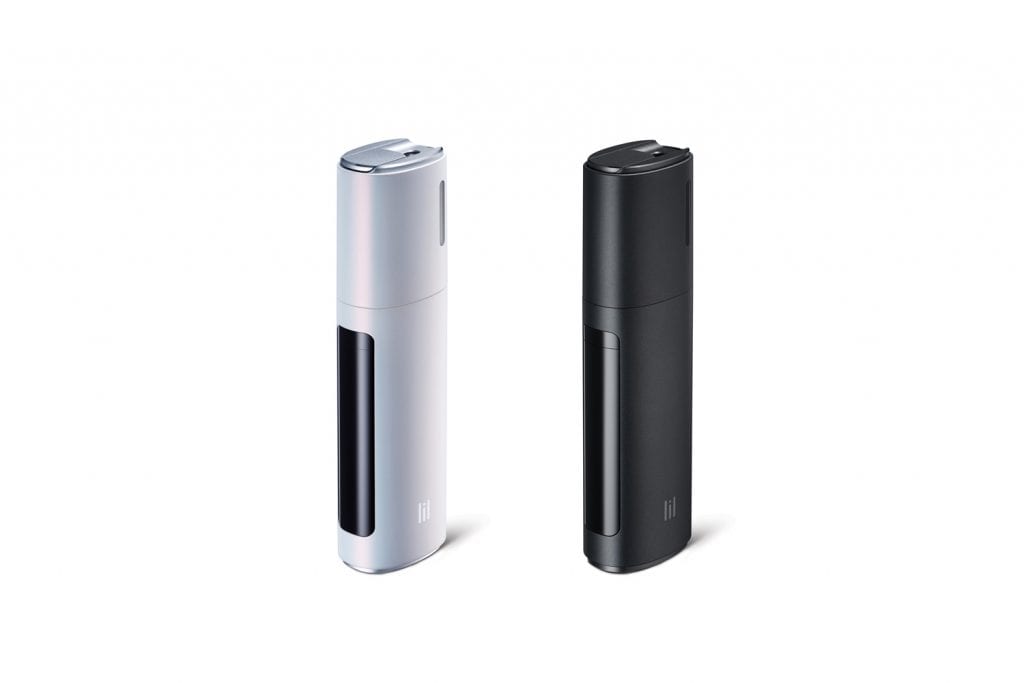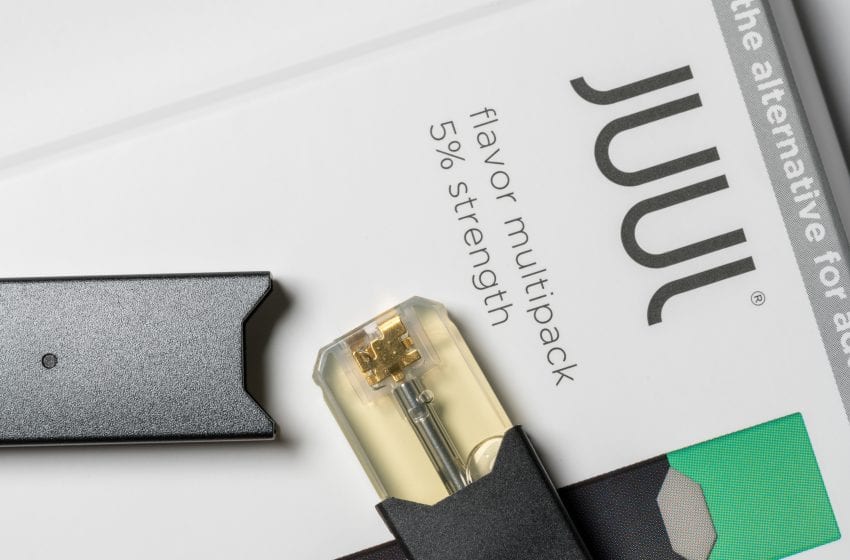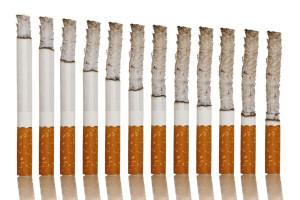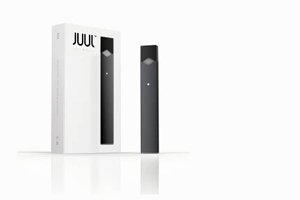Sales of Japanese cigarettes have remained resilient in South Korea despite a consumer boycott against Japanese products, reports The Korea Bizwire.
The Korea Customs Service reported that South Korea imported 4,220.6 tons of cigarettes from the Philippines between July last year and June of this year, which was merely 2.79 percent lower than the volume of imports during the same period in the previous year.
Among the top four cigarette companies dominating the South Korean market, Japan Tobacco International (JTI) is the only company with a production plant in the Philippines. All cigarette imports from the Philippines, therefore, are de facto produced by JTI.
Sales of Japanese cars and beer, by contrast, have declined significantly in Korea because of the boycott, which was sparked by a deepening dispute over the countries’ wartime legacy.
Experts say tobacco consumers tend to be more brand loyal than users of other products. What’s more JTI’s share in South Korea has been comparatively small, lowering the chance of being affected by the boycott movement.

